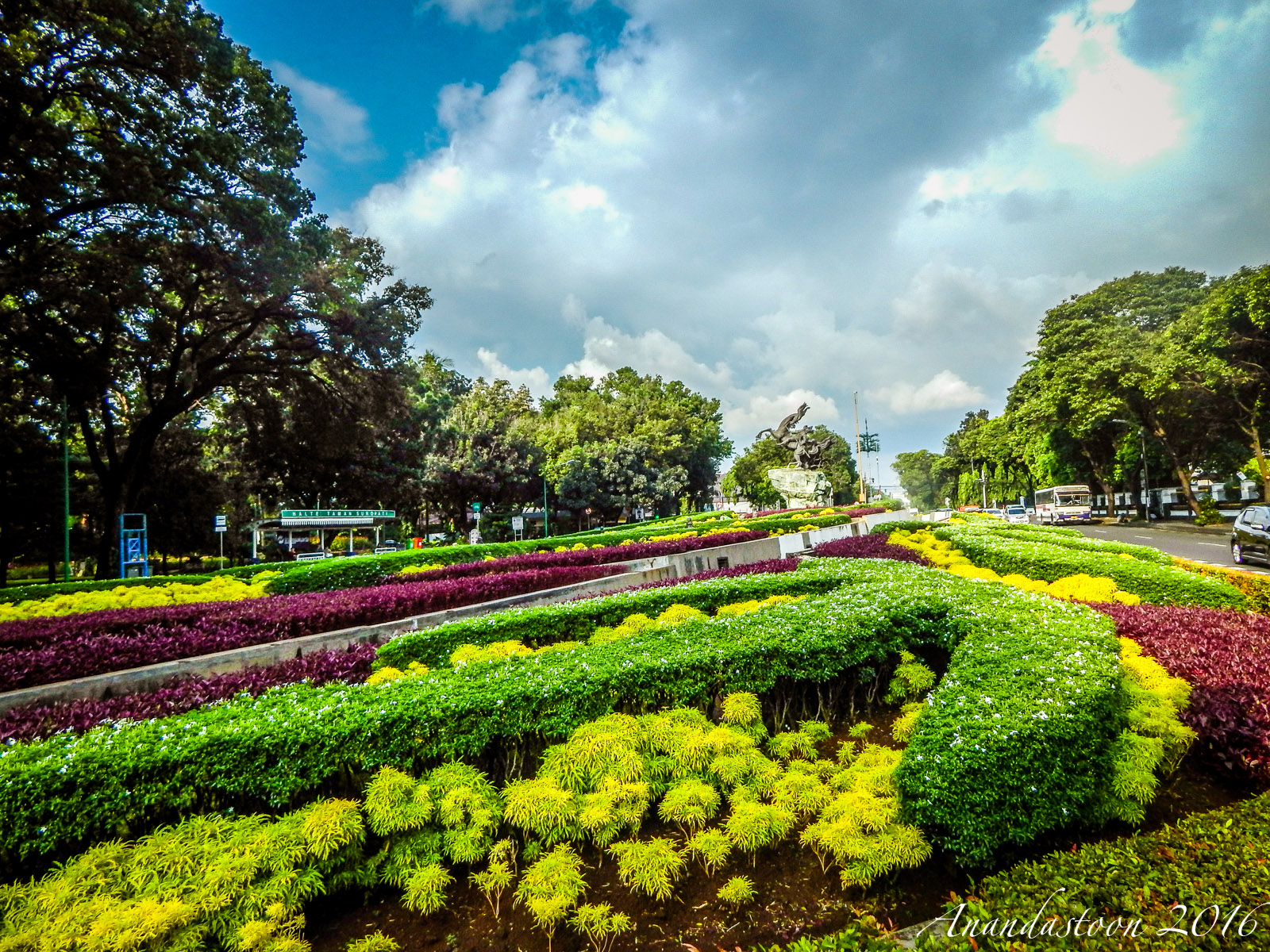Indonesia, a nation renowned for its diverse natural landscapes and vibrant cultural tapestry, has long captivated the hearts of travelers from around the globe. While its beaches and rainforests are well-known, it is the country’s rich cultural heritage that offers an equally compelling experience. From ancient temples to traditional ceremonies, Indonesia’s cultural tourism provides an immersive journey into the soul of the archipelago. This article delves into the significance of cultural tourism, explores some of the most iconic destinations, and highlights the benefits of embracing this unique form of travel.
The Significance of Cultural Tourism in Indonesia
Cultural tourism in Indonesia is more than just visiting historical sites or attending festivals—it’s about connecting with the people, traditions, and stories that define the nation. Each region in Indonesia boasts its own distinct cultural identity, shaped by centuries of history, religion, and local customs. For instance, the island of Bali is famous for its intricate dance performances and temple rituals, while the eastern island of Sumba preserves ancient megalithic traditions. These experiences not only offer entertainment but also serve as a bridge between past and present, helping visitors understand the values and beliefs that continue to shape Indonesian society today.
Moreover, cultural tourism plays a crucial role in preserving and promoting Indonesia’s intangible heritage. By engaging with local communities, tourists contribute to the sustainability of traditional practices, ensuring that they are passed down through generations. This mutual exchange fosters a deeper appreciation for cultural diversity and strengthens the bond between visitors and the places they visit.
Benefits of Cultural Tourism
-
Enriching Personal Experiences
Traveling through Indonesia’s cultural landmarks allows visitors to gain a broader perspective on life, history, and human creativity. Whether it’s witnessing the grandeur of Candi Borobudur or participating in a traditional ceremony, these experiences leave a lasting impression and often spark new interests or passions. -
Supporting Local Economies
Cultural tourism directly supports local artisans, performers, and communities. By purchasing handmade crafts, dining at local eateries, or attending cultural events, tourists help sustain livelihoods and encourage the preservation of traditional skills. -
Promoting Cross-Cultural Understanding
Engaging with different cultures fosters empathy and respect. Visitors learn to appreciate the uniqueness of each community and recognize the shared human experiences that transcend geographical boundaries. -
Encouraging Sustainable Practices
Many cultural tourism initiatives emphasize eco-friendly and responsible travel. This approach ensures that the environment and local traditions are protected, allowing future generations to enjoy the same cultural treasures. -
Inspiring Creativity and Innovation
Exposure to diverse artistic expressions and traditional crafts can inspire creative thinking and innovation. Artists, designers, and entrepreneurs often draw inspiration from cultural elements, leading to new ideas and products that celebrate Indonesia’s heritage.
Must-Visit Cultural Destinations in Indonesia
- Museum Ullen Sentalu, Yogyakarta
Located in Yogyakarta, the Museum Ullen Sentalu offers a glimpse into the history of the Mataram Kingdom, which laid the foundation for the royal courts of Solo and Yogyakarta. The museum showcases artifacts, traditional architecture, and interactive exhibits that bring the region’s past to life.
- Istana Tirta Gangga, Bali
Nestled in the heart of Bali, Istana Tirta Gangga is a stunning example of Balinese royal architecture. Built by the Karangasem dynasty, the palace features lush gardens, water channels, and a tranquil atmosphere that reflects the island’s deep spiritual and cultural roots.

- Desa Adat Ratenggaro, Sumba
Situated on the remote island of Sumba, Desa Adat Ratenggaro is home to over 300 megalithic stone tombs. This village offers a rare opportunity to witness the island’s ancient traditions, including elaborate ceremonies and the preservation of indigenous customs.

- Desa Penglipuran, Bali
Known as one of the best-preserved traditional villages in Bali, Desa Penglipuran is a living museum of Balinese culture. Its uniform architecture, strict social norms, and daily rituals provide a fascinating insight into the island’s heritage.

- Taman Mini Indonesia Indah, Jakarta
For those seeking a condensed cultural experience, Taman Mini Indonesia Indah in Jakarta is a must-visit. This theme park showcases the diverse cultures of Indonesia through replicas of regional houses, traditional dances, and interactive exhibits.

Conclusion
Indonesia’s cultural tourism is a gateway to understanding the depth and diversity of the nation’s heritage. From the ancient temples of Java to the vibrant traditions of Sumatra, each destination offers a unique narrative that enriches the traveler’s journey. By embracing cultural tourism, visitors not only gain unforgettable experiences but also play a vital role in preserving and celebrating Indonesia’s rich legacy. As you plan your next adventure, consider exploring these cultural gems and immerse yourself in the timeless beauty of Indonesia’s traditions.






